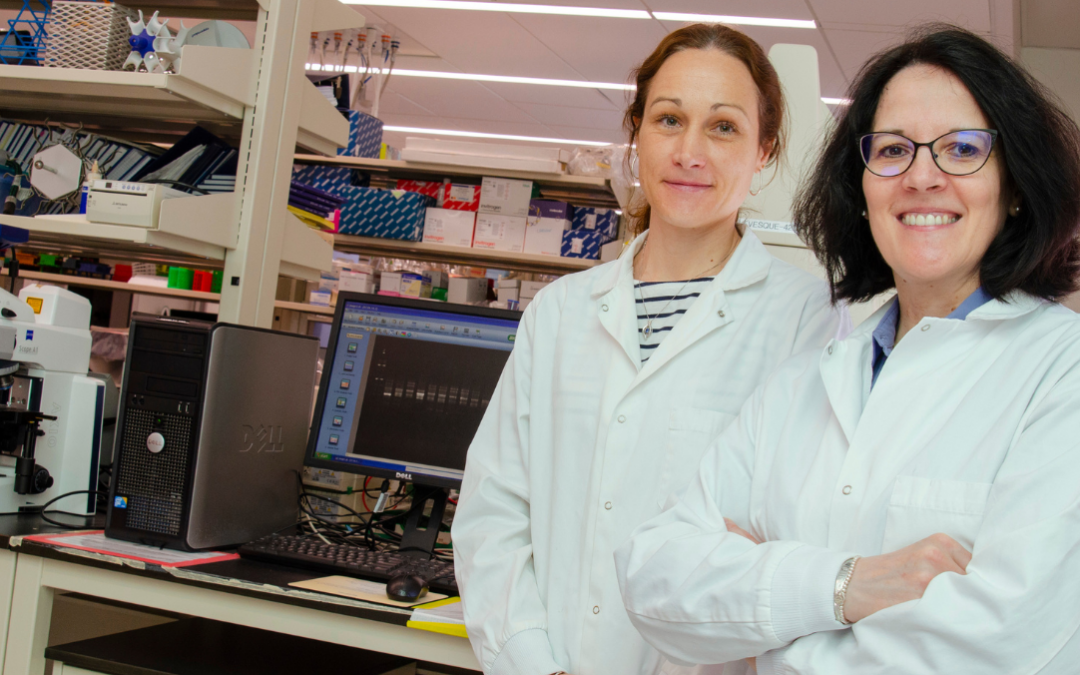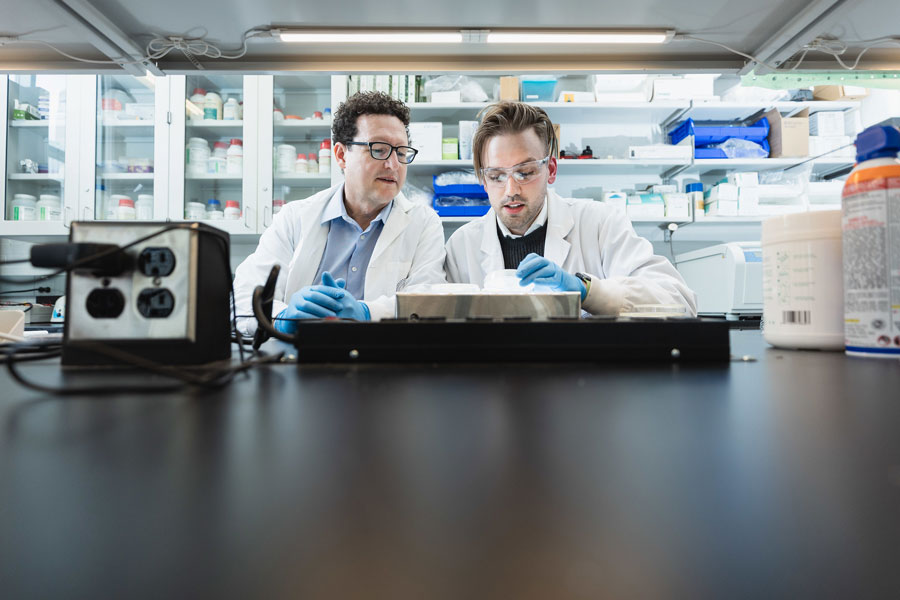
Can “sleeping” bacteria spread antibiotic resistance genes?
Today over sixty-five per cent of human infections are due to bacterial infections. Antibiotic resistance, when bacteria can defeat the drugs designed to kill them, is a serious health problem and remains a top concern for many clinicians and researchers. That’s why Celine Levesque’s lab has been studying how bacteria are able to survive in different conditions. Recently, together with senior research associate Delphine Dufour, they found that bacteria can pass on antibiotic-resistant DNA to other cells in the mouth. Although Levesque’s research heavily focuses on Streptococcus mutans (the bacteria responsible for cavities), their recent findings have implications that go well beyond oral health.


